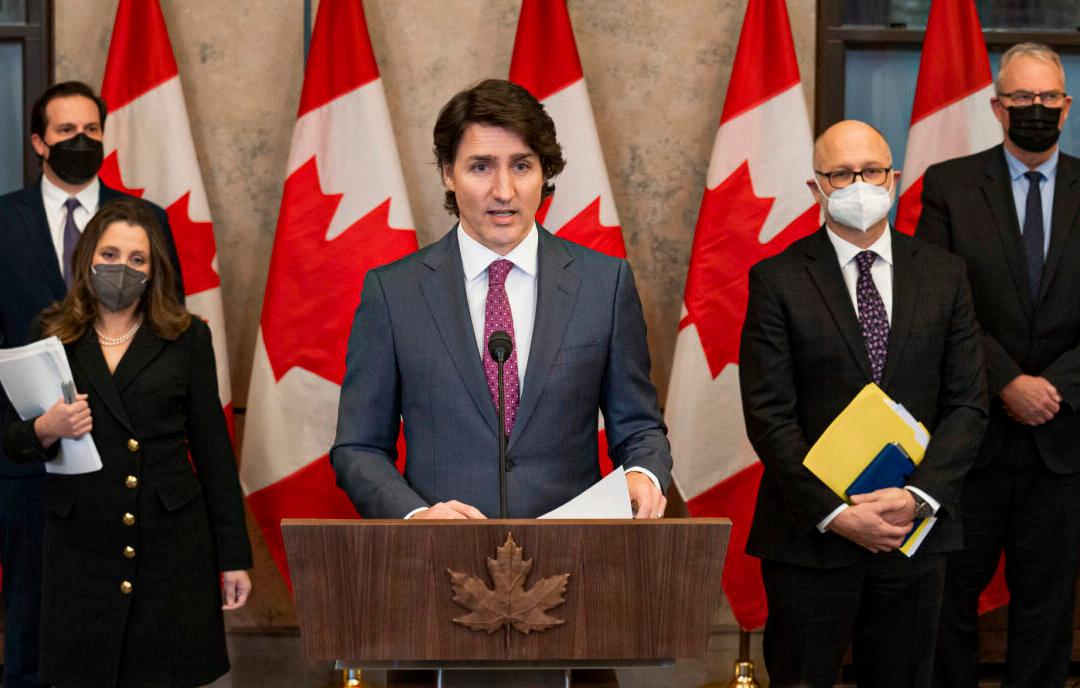Struggling wedding and event companies say British Columbia’s current COVID-19 rules don’t add up, and are calling on the province to allow indoor wedding receptions with safety plans in place.
BC Events Industry Urges Province to Reopen After Being Denied Government Help
Province's COVID-19 policies are disproportionately hurting the wedding and events industry, companies say

Liting Chang, owner of Paradise Events, says the B.C. government's COVID-19 policies have unfairly punished the wedding event industry. Handout
|Updated:




